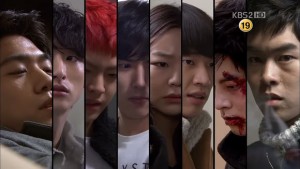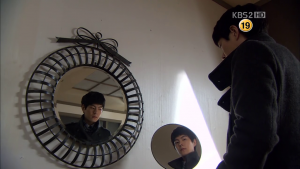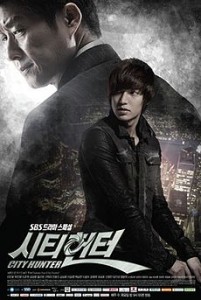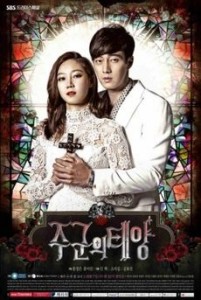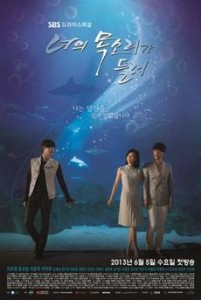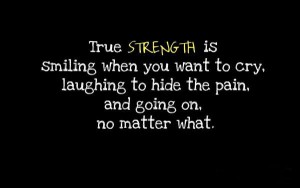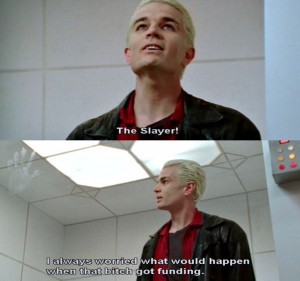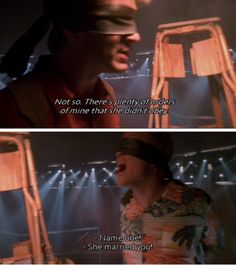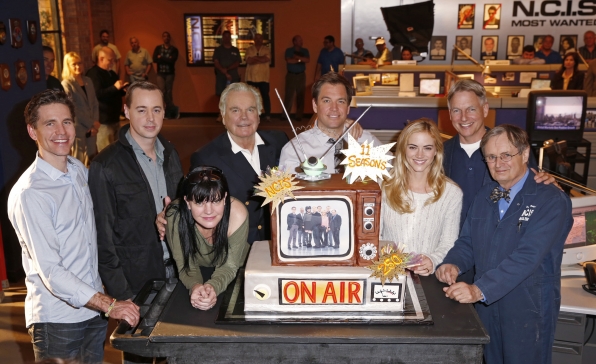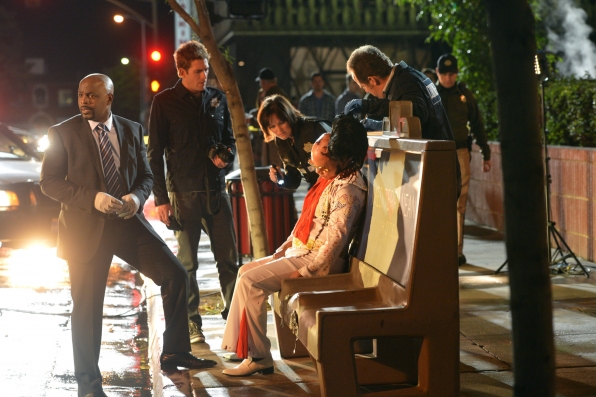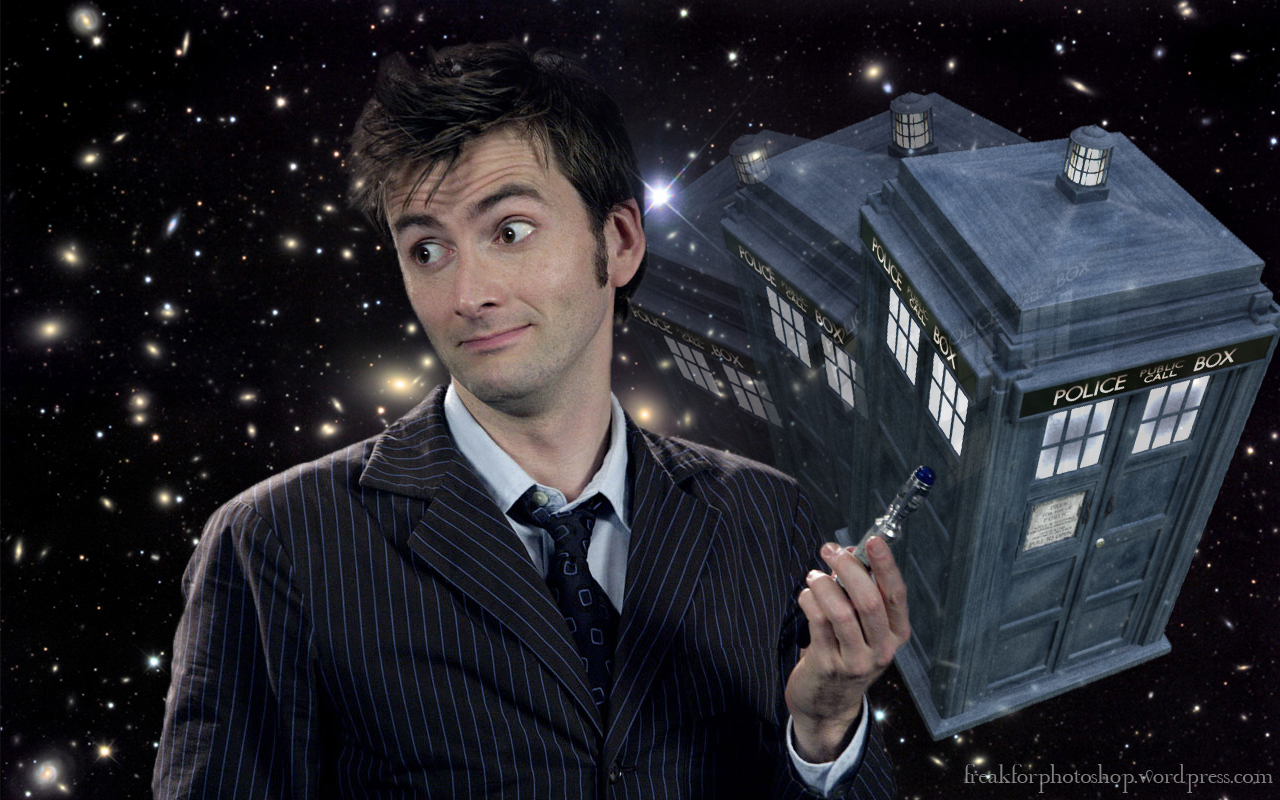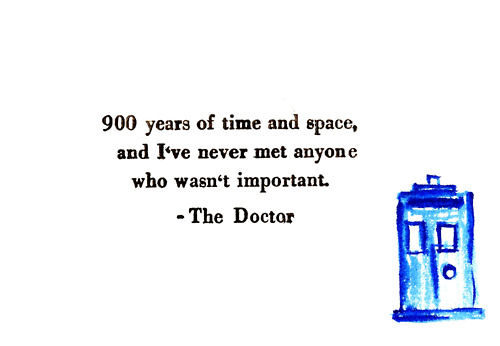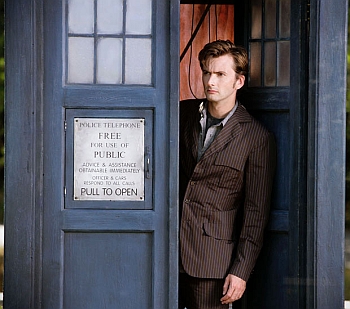With this blog post, I want to continue my series of posts about what Asian dramas can teach us about storytelling. You can check out my first post about it here.
This time I want to use the example of Signal, an ongoing Korean drama that, so far, is the best example of a crime procedural done right. It tells us a compelling story which includes an overarching arc relating to the characters, but also the “cases of the day” so to speak and it manages to do so with so much heart and suspense that you can’t help but get invested in every case. More than that, it makes each hour long episode a heart-pounding, edge of your seat, adrenaline ride.
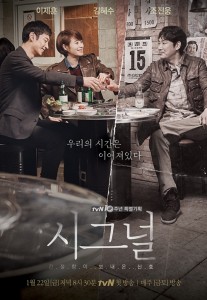
Here is a brief synopsis of Signal:
Park Hae-Young, a young profiler and detective in 2015, manages to connect with Lee Jae-Han, a detective from the past with the help of an old walkie-talkie. Together they try to solve cold cases.
That sounds intriguing, but nothing stellar, right?
Well let’s add some more details to that. The walkie-talkie only works at 11.23pm and stays on for about one minute. And it doesn’t do that every day either. Neither cop knows when the connection will be possible again.
Also, while time for Hae-Young is linear, for Jae-Han it’s not. The first radio transmission connecting the two detectives happens in August 2015 for Hae-Young and in August 2000 for Jae-Han. At that time, Hae-Young has no idea what’s going on and thinks this transmission is a giant hoax, but Jae-Han knows exactly whom he is talking to and even calls the present detective by name, like they had spoken several times before. The next transmission Hae-Young gets though connects him with a Jae-Han from 1989, back then just a rookie cop, and it’s Hae-Young’s turn to persuade the other detective that he is not pulling his leg.
Moreover, Lee Jae-Han, the cop from the past, went missing shorty after that very first (or very last, depending on the point of view) transmission in August 2000. His official file says that he had been under investigation for embezzling money and fled the country, but the more Hae-Young digs into that, the more he suspects that it was just a carefully crafted cover up. So this is the first mystery driving this series. What happened to Jae-Han and what can both cops do to change his fate?
And finally, any changes made in the past tend to generate a ripple effect that leads to unforeseen (and often disastrous) consequences in the present.
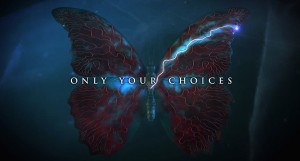
When Hae-Young warns Jae-Han about the location of the next victim of a serial killer, Jae-Han manages to save her, but because of that the killer accelerates his killing spree and 3 more people die that were alive in the unaltered version of events. And one of those new victims was someone Jae-Han liked.
When Jae-Han begs Hae-Young to give him some tips about a string of burglary cases that remained unsolved even in 2015 and uses those profiling tips to catch the culprit, the repercussions are even more severe – the culprit’s daughter dies in front of his eyes in the past and he goes on a revenge killing in the present that takes the life of another cop…
This sense of immediate repercussion adds urgency and suspense to the stories, because you never know if by messing with time, the protagonists will make things worse or better. They might save lives, but they might make it so that more lives are lost as well. So both have to choose just how much to reveal and how much to leave out during each of their radio transmissions.
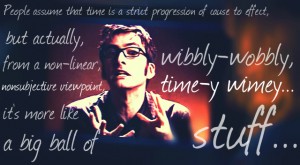
What adds to the suspense of this series is the fact that all the cases, even the case of the day, are tied to the members of the cold case squad one way or another either by what happened in the past or by the ripple effect of the time-altering intervention, so the viewer can’t help but be emotionally invested in the investigation because all the main characters in this series have their own backstories and lives which we get only small glimpses now and then, but which make them more than just “member X of the cold case squad” but real people with their own problem, aspirations, and heartaches.
Take the very first case, for example. Fifteen years ago, a 10 year old girl was kidnapped from in front of her school and found dead a few days later. The culprit was never found and the statute of limitation on that crime expires in 3 days. This case is very important for Hae-Young, because he was the only witness of that kidnapping, because he was the girl’s classmate and happened to see a woman lead her away. He even went to the police station right away, but nobody would talk to a 10 year old boy. He came back year after year, but nobody was interested to listen to what he had to say. That case shaped his character – he became a profiler and a cop to right a wrong, but he despises cops he works with, because in his experience, they are more worried about closing cases quickly and looking good in the public eye than actually trying to find the truth. So he doesn’t mince his words and clashes with most of his colleagues. There is no love lost between him and the other detectives, even though his profiling instincts (and the help of a magic walkie-talkie) help them solve cases.
This is how you make a series that grabs you by the throat and doesn’t let you go – engaging characters that feel like real people instead of walking labels, intricate and interesting story with stakes that are actually important for the characters, and a certain amount of unpredictability that is still consistent with the inner logic of this created world.


